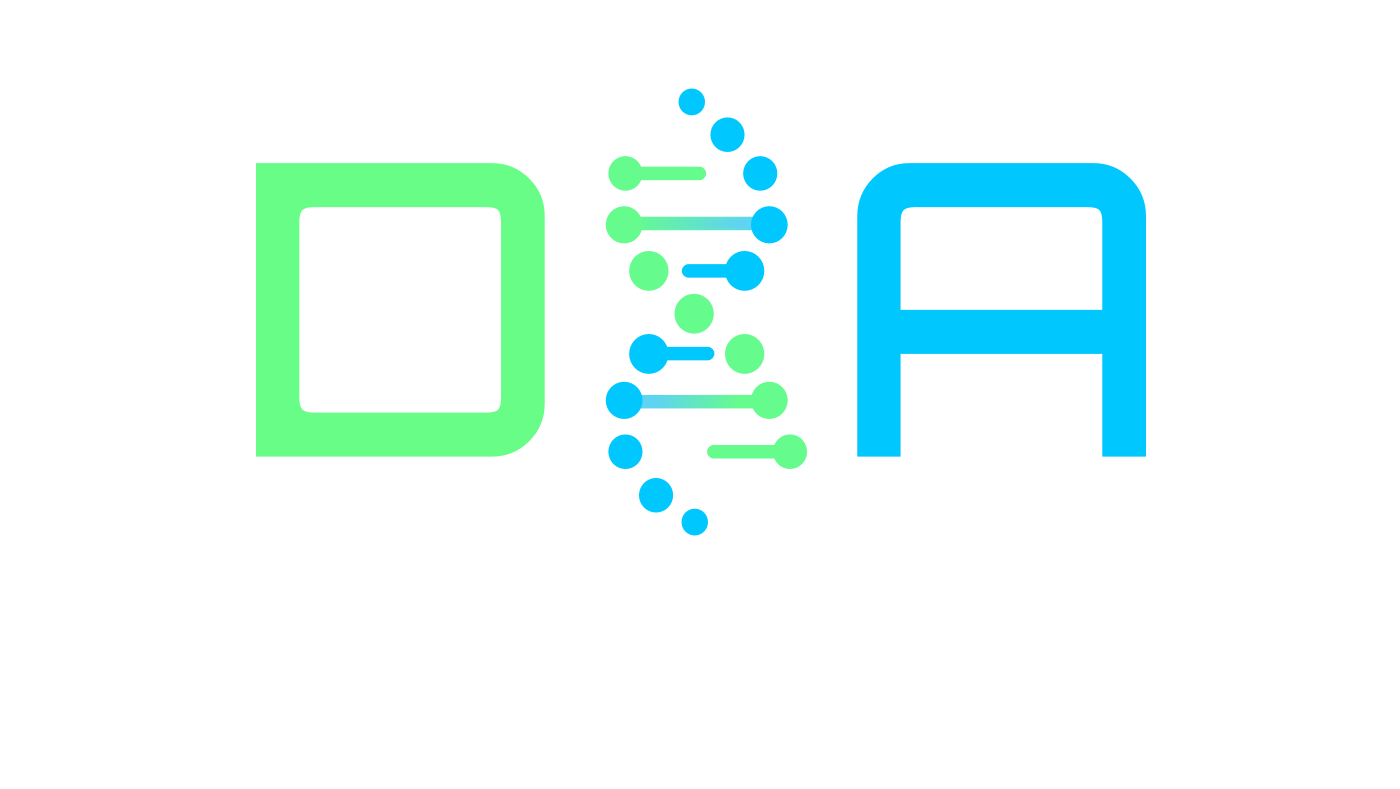
D&A – The Global Community for Data Driven Leaders
The Global Community for Data Driven Leaders is designed to promote networking between industry experts and to keep you up to date with the latest innovations and exclusive insights.
Featured Topics
Intelligent Data Management & Transformation
Turn data into value to solve business problems and optimize business processes with intelligent solutions.
Master Data Management & Governance
Drive data consistency across all business processes by consolidating your data sources.
Data Science & Analytics
Create the most value from your data using predictive analytics, machine learning, and other innovative solutions.

The Global Community for Data Driven Leaders is designed to promote networking between industry experts and to keep you up to date with the latest innovations and exclusive insights – hosted by CAMELOT. Advertising of services or products is deliberately not desired.
Community members are provided with continuously updated content, comprising interesting presentations, latest research information, innovative use cases, lessons learned, how-to guidance and much more to ensure continuous inflow of new ideas. This also offers the chance to share thoughts and ideas as well as challenges that will be discussed within the community. Benefit from this great opportunity to find partners for co-innovation joining forces in the endeavor to bring first Data & Analytics lighthouse uses cases to life.
Let’s reach outstanding results by combining profound industry knowledge, process expertise, and cutting-edge technological know-how.
Community Events
Community Benefits
Let’s Network
Get Fresh Perspectives
from Experts
Intelligent Data Management & Transformation
Turn data into value to solve business problems and optimize business processes with intelligent solutions.
Master Data Management & Governance
Drive data consistency across all business processes by consolidating your data sources.
Data Science & Analytics
Create the most value from your data using predictive analytics, machine learning, and other innovative solutions.
Interested?
Get in touch with us!

Henrik Baumeier
Partner Data & AnalyticsLeads the data & analytics division at CAMELOT, helping global clients in their digital transformation

Aleksandra Baumann
Community LeadLeads the AI in MDM Community and consults companies in the area of Enterprise Information Management at CAMELOT.

Benjamin Zwicker
Associate Partner Information ManagementSeasoned leader and expert aiming to continuously improve customers’ ways of working with information in increasingly complex and data-driven environments.




